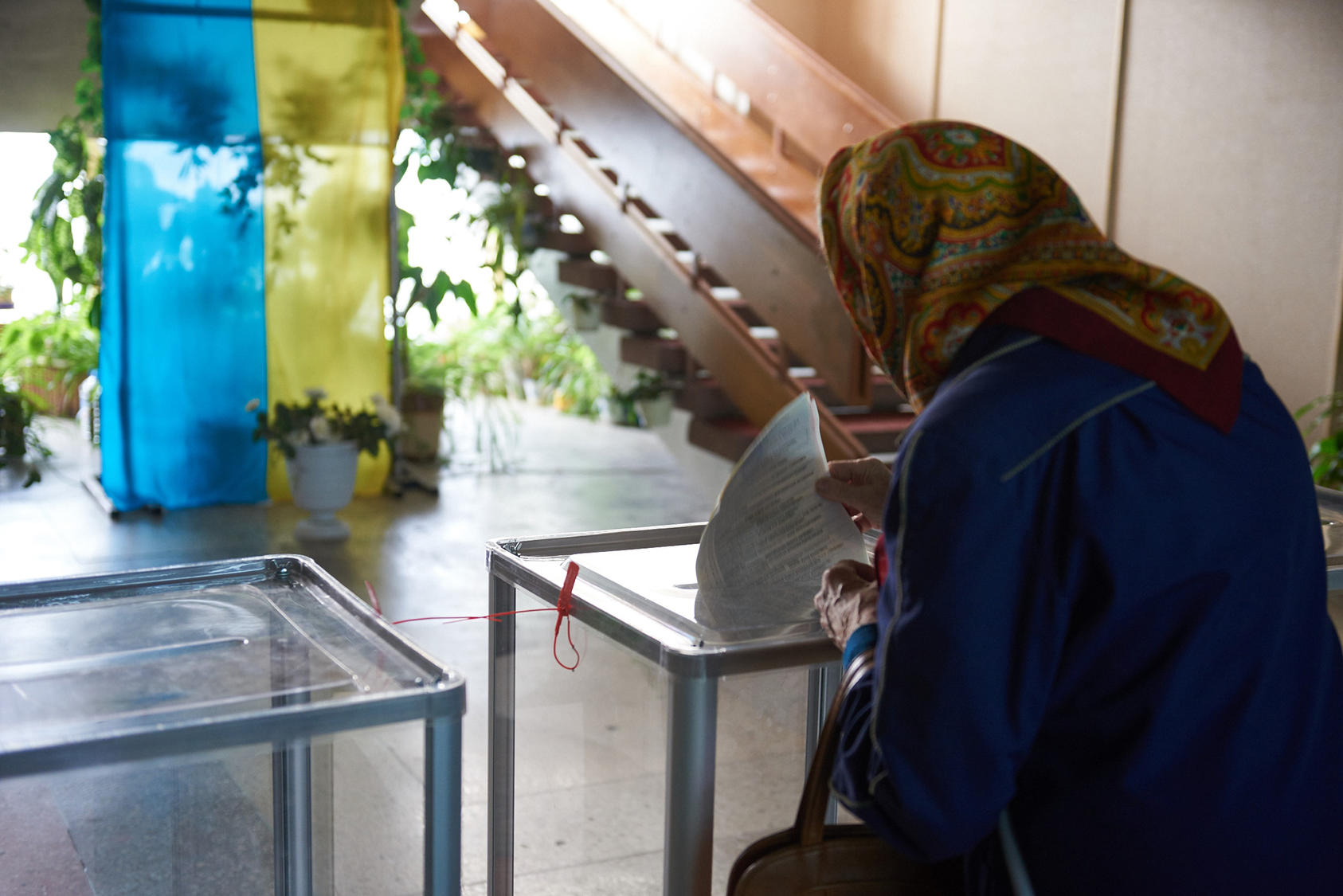Ukraine is in a long, busy election season. Six months before presidential elections in March, posters of Yulia Tymoshenko already dominate the streets of Kyiv, indicating that campaigning is well underway. Parliamentary elections will follow next October. International analysts and Ukrainian media have widely reported on the fear of Russian interference—whether through cyber attacks, other forms of meddling or even military movements in the Donbas.

However, as the International Crisis Group noted in 2016, corruption also threatens the Ukrainian state. Transparency International’s corruption index lists Ukraine on equal terms with Burma, Iran, and Sierra Leone, and popular trust in most public institutions remains below 20 percent.
Four years after the Revolution of Dignity, also known as the Euromaidan Revolution, the upcoming elections offer an opportunity to further consolidate democracy. The elections in 2010 and 2014 were deemed free and fair by election observers, despite severe credibility challenges. The ongoing presidential race is wide open with four leading contenders—including a rock star untainted by corruption—and many minor candidates. Most voters remain undecided or apathetic, with little enthusiasm for contenders from the political establishment. Fortunately 14 new members have recently been elected to the Central Election Commission, replacing commissioners with long-expired terms, while several police reforms may help improve election security.
The risk of low-scale election violence is considerable (and attacks already have occurred), but a highly violent election cycle seems unlikely. Attacks against anti-corruption candidates and civic activists have been frequent, paramilitary groups and far-right nationalists pose threats, and Russian interference seems certain. Yet so far Ukraine is en route to a relatively calm election season. Soon international election observers and assessment teams will book their tickets to Kyiv and join the local observers of OPORA and the Committee of Voters of Ukraine (CVU). Together they will monitor whether Ukraine will meet the standards for credible and peaceful elections.
Stay up-to-date on news and analysis on elections at risk of violence by subscribing to USIP's "Elections Wire" monthly newsletter.


